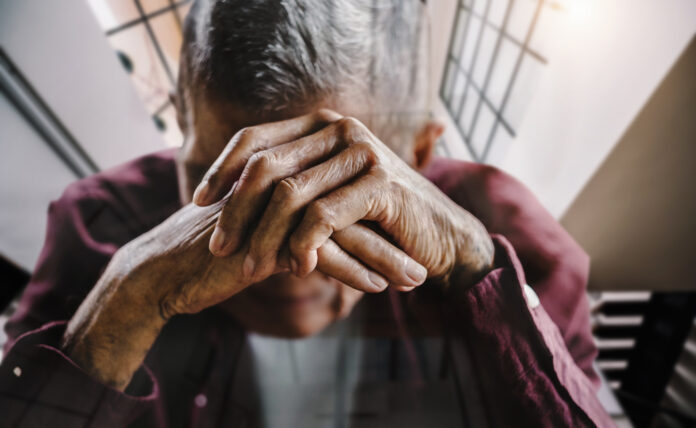LOUISVILLE, Ky. — The Humana Foundation, the philanthropic arm of Humana Inc. (NYSE: HUM), announced an expanded national initiative to address the emotional health of older adults through more than $12 million in new grants for 2025. The Foundation aims to become a national leader in improving seniors’ emotional well-being by scaling proven interventions, supporting community-based programs, and advancing research on data and technology solutions.
More than one in four seniors in the United States report being socially isolated, which increases their risk of dementia and self-harm. The Humana Foundation’s latest investments target these issues by expanding programs that combat loneliness, illness, and other drivers of poor emotional health.
“We want every senior to feel seen, supported, and connected—to live not just longer but better,” said Tiffany Benjamin, CEO of the Humana Foundation. “Too many of our nation’s seniors live alone and with depression, PTSD, or chronic illness that limits their mobility and socialization. We’re expanding proven interventions and investing in data and technology solutions to help more people improve their lives.”
Three national grants totaling nearly $7 million will scale interventions focused on screening, social engagement, community solutions, and awareness. The National Council on Aging will receive $2.5 million to equip senior centers nationwide to identify and respond to mental health challenges. Volunteers of America will receive $1.46 million to launch a program addressing depression and substance abuse in affordable senior housing. The Elizabeth Dole Foundation will receive $3 million to pilot a Caregiver Mental Wellness Workshop for underserved veterans.
“With this extraordinary $3 million grant, the Humana Foundation is demonstrating leadership in action,” said Steve Schwab, CEO of the Elizabeth Dole Foundation. “Their commitment will strengthen and accelerate mental and emotional health support for military and veteran caregivers—ensuring these hidden heroes, and the loved ones they care for, are seen, supported, and never alone.”
Regional investments include programs across Kentucky, Louisiana, Florida, and Texas aimed at improving emotional health and nutrition for seniors and school-aged children. In Louisville, the Louisville Orchestra will receive $750,000 to measure the emotional impact of musical engagement on isolated seniors, while the Muhammad Ali Museum and Education Center will receive $375,000 to study the effects of self-compassion in combating loneliness. In New Orleans, the Musicians’ Clinic and Assistance Foundation will receive $200,000 to support social programs for elder musicians.
Additional grants will support culturally tailored social engagement for Miami-Dade County seniors through the Alliance for Aging, volunteer-based outreach in Texas through the National Volunteer Caregiving Network, and depression reduction programs for Indigenous seniors via Texas Native Health.
The Foundation also renewed support for regional nutrition initiatives, including the Emeril Lagasse Foundation’s Culinary Garden and Teaching Kitchen, Dare to Care Food Bank, Louisville Urban League, Legal Aid Society of Louisville, and Sustainable Food Center in Texas—all focused on promoting nutritional literacy and access for seniors and students.
Four research grants totaling $1.1 million will further advance understanding of seniors’ emotional health and nutrition. Projects include behavioral health research at the University of North Carolina at Chapel Hill, senior food insecurity mapping at the University of Kentucky, AI-based empathy training for medical providers at Harvard Medical School, and knowledge dissemination through AcademyHealth.
“Emotional health is a critical yet often overlooked factor in aging well,” said Soojin Conover, Principal Researcher at the Humana Foundation. “Through our strategic research funding we’re able to explore thoughtful, evidence-based solutions that can help seniors feel more connected—not just in clinical settings, but in their personal lives and within the communities they call home.”


